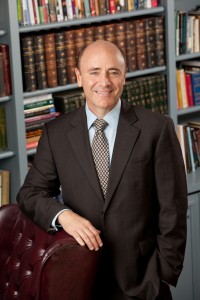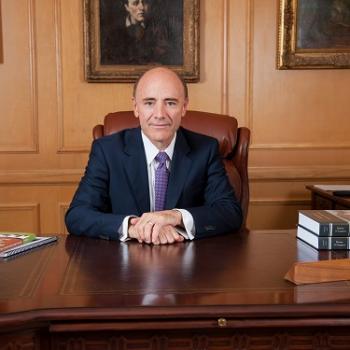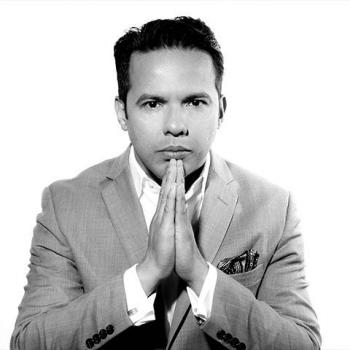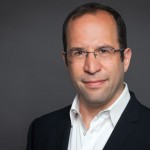This year, for the first time ever, white students are not the majority in U.S. public schools. According to the National Center for Education Statistics, minority students, when added together, make up a new majority in K-12 schools. The shift is largely fueled by growth in the number of Hispanic children. What are the educational implications of this new American reality?
For one, it looks as if we must make more drastic changes if we are going to meet President Obama’s goals for his “Graduation Initiative,” which has not yet led to a marked increase in college completion. In 2013, about 40 percent of whites between the ages of 25 and 29 had a bachelor’s degree or more, compared to about 20 percent of blacks, 15 percent of Hispanics and 58 percent of Asians, according to data from the Current Population Survey. The gap hasn’t narrowed significantly in recent years, though Hispanics have made some clear gains, including outpacing whites in college enrollment for the first time ever, 69% to 67% in 2012. The positive trends in Hispanic educational indicators—so critical because of the explosive growth of the Hispanic population in the US—also extend to high school. The most recent available data show that in 2011 only 14% of Hispanic 16- to 24-year-olds were high school dropouts, half the level in 2000 (28%). As Pew research has reported, despite the narrowing of some of these long-standing educational attainment gaps, Hispanics and African Americans continue to lag whites in a number of key higher education measures. Young Hispanic and black college students are less likely than their white counterparts to enroll in a four-year college, they are less likely to attend a selective college, less likely to be enrolled in college full time, and less likely to complete a bachelor’s degree.
Solving the educational conundrum in the US will not be easy. We have spent trillions of dollars since the shocking education exposé “A Nation at Risk” was published in 1983, but have not improved educational outcomes one iota since then. A few promising rays of scholastic sunshine are peeking through the haze of mediocrity. Leading community colleges are better preparing students in advance of math and English placement tests, eliminating many remedial classes and improving graduation rates. Tennessee, Oregon and other states are now moving forward with plans for free community college tuition, and more and more free online courses are being accepted for credit by progressive universities. States, including Virginia, are wisely investing in early childhood education. Studies are showing the “achievement gap” is really an “opportunity gap,” and as schools adopt a more holistic approach to the continuum of pre-school to college completion, student success improves dramatically.
At the NHCLC, we are bridging the gap between the church and education, and calling pastors, principals, parents and professors to collaborate like never before. For too long, members of the evangelical community have derided the public education system as a place that erodes our values. We believe that by engaging the educational system instead of separating from it, we can protect founding American values and help this generation of minority students—our new majority—succeed. On September 7th, thousands of Hispanic evangelical churches celebrated National Hispanic Education Sunday. Participating churches proclaimed from the pulpit and the pews that education is critical for our churches’ and our nation’s future. Many church staff members wore T-shirts from their alma maters, and pastors used education as a theme in building their sermons.
Many minority students come from faith traditions, and pastors and other faith leaders can serve as dynamic mentors who promote the power of education to their congregants. We have challenged evangelicals leaders—Hispanic and otherwise—to demand higher educational standards in our classroom, homes and communities. No longer will our zip codes be predictors of our destiny. Instead, we will embrace the new America, one founded in transcendent principles, and help ensure that all children from every background have access to vibrant educational opportunities.
Carlos Campo leads the educational directives of the National Hispanic Leadership Conference.













